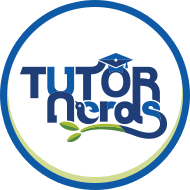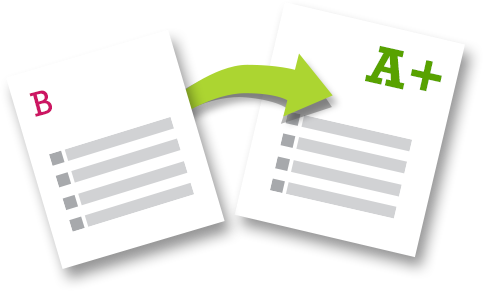Using Memory to Study Effectively | TutorNerds | Orange County


At this point in your lives, studying is a huge part of your day. It’s a pretty big task to be able to go to school for six hours and then come home and put in an additional two hours or so. If you are also getting ready to apply for college, or are preparing for the SAT or AP (read out post, “Last Minute AP Study Guide”) classes, those two hours can turn into a lot more. Have you ever thought to yourself that there must be an easier way? Unfortunately there is not an easier way, but there is a better way.
Memory plays a substantial role in how much information we need to keep in our minds and the brain takes on the complicated task of determining which information is important and which is not.
There are three primary types of memory: Short term, long term and working memory. Short term memory lasts about 7 seconds, so this part of the brain essentially takes a mental note about important elements and stores them for a very short time. So when do we use this magical seven second notepad? Lets’ say you are sitting in that giant classroom on Saturday morning taking your SAT and the proctor has just said “start”. It’s time to get that short term memory rolling. For example, if you are solving for X in your head and you remember that the partial answer is 8 and you have the then divide that by 3, you are using short term memory.
This presents a problem for students who are tired or overworked. Sound familiar? Sleep is the best way to keep the short term memory sharp but you can compensate for fatigue by writing everything down. Temporary short term memory loss can lead to a lot of missed answers that you really knew so take advantage or your pencil and test booklet in order to give yourself the best chance at success.
Long term memory can potentially last forever. Remember when you rode a bike at age six? Now, ten years later you can not only remember riding your bike but you still know how to do it. That’s long term memory. This will come in handy when you’re asked about a book you read in school two years ago; it will take your brain a bit longer, but it’ll get there.
That brings us to working memory. Working memory is your best friend and most valuable study partner when it comes to studying and taking tests. Working memory is similar to short term memory but it can store multiple pieces of information in multiple formats. Essentially your memory is multitasking the entire time you are studying, which is why you feel so tired after doing homework. So how can you use your working memory to study more effectively?
Although we don’t entirely know which tricks work for which people just yet, many students will be able to study more effectively by trying these 5 tips:

One last thing, summer doesn’t mean an end to learning. In today’s competitive world of college admissions, it’s crucial students spend the next few months improving and catching up. What better way to do that than with a private summer tutor? We work with student’s schedules so they can still have fun. Don’t fall victim to the summer slow down!
100% Satisfaction Guarantee
You’ll love your tutor, or you don’t pay.

We will evaluate your situation and answer any questions. We will then individually match you with one of our tutors. Your tutor will recommend the best strategies for you based on your goals. You’ll work with the same tutor ongoing and you can schedule directly with your tutor.
100% Satisfaction Guarantee – You’ll love your tutor, or you don’t pay
| Cookie | Duration | Description |
|---|---|---|
| cookielawinfo-checkbox-analytics | 11 months | This cookie is set by GDPR Cookie Consent plugin. The cookie is used to store the user consent for the cookies in the category "Analytics". |
| cookielawinfo-checkbox-functional | 11 months | The cookie is set by GDPR cookie consent to record the user consent for the cookies in the category "Functional". |
| cookielawinfo-checkbox-necessary | 11 months | This cookie is set by GDPR Cookie Consent plugin. The cookies is used to store the user consent for the cookies in the category "Necessary". |
| cookielawinfo-checkbox-others | 11 months | This cookie is set by GDPR Cookie Consent plugin. The cookie is used to store the user consent for the cookies in the category "Other. |
| cookielawinfo-checkbox-performance | 11 months | This cookie is set by GDPR Cookie Consent plugin. The cookie is used to store the user consent for the cookies in the category "Performance". |
| viewed_cookie_policy | 11 months | The cookie is set by the GDPR Cookie Consent plugin and is used to store whether or not user has consented to the use of cookies. It does not store any personal data. |

